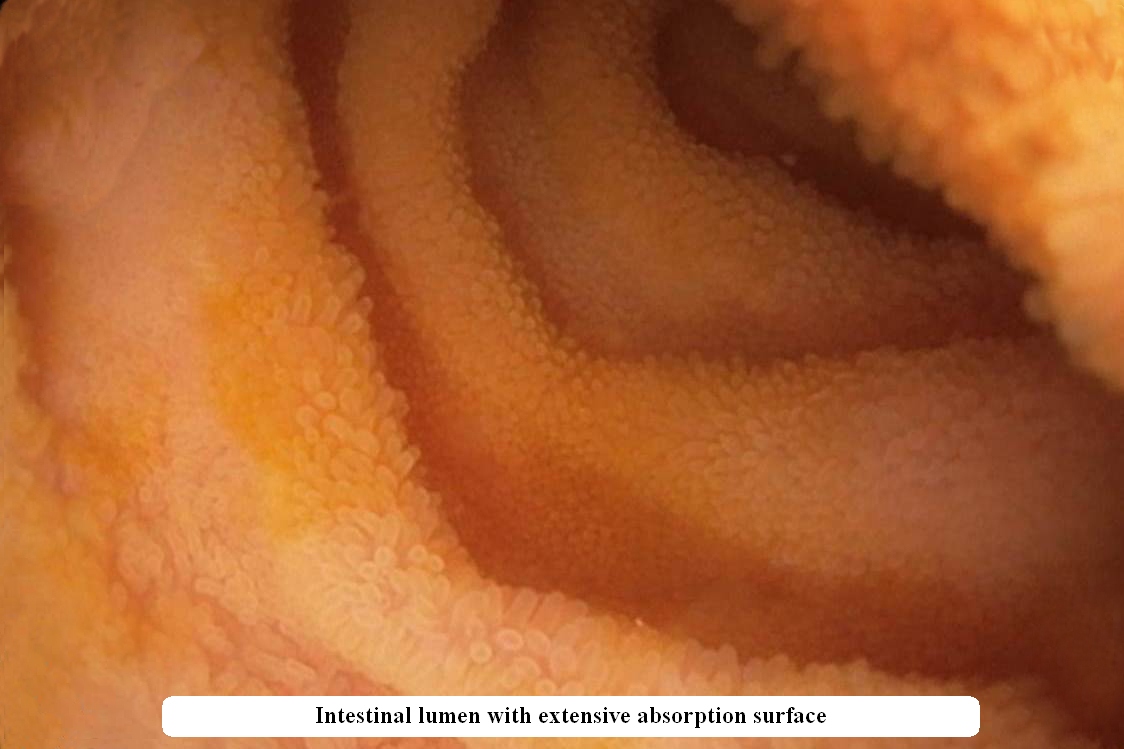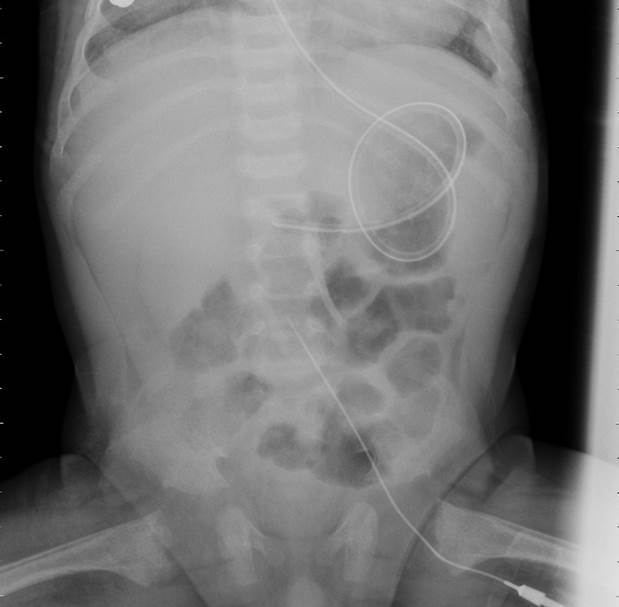
A four-month-old baby boy was admitted to Almazov Centre in a very severe condition. Doctors had been fighting for his life since he was born. Placental insufficiency led to preterm birth and congenital intestinal malformations were complicated by a viral infection.
«He was admitted to us after most of his intestine was removed because of his congenital condition. But we encountered a complication that led to severe inflammation – clostridial colitis, caused by the bacterium Clostridium difficile,» recalls Anna Sukhotskaya, Head of Department of Pediatric Surgery of Malformations in Newborns and Infants at the Centre.
According to protocols and recommendations, clostridial colitis should be treated with a complex of antibiotics. However, given the baby's extremely serious condition and in order to avoid the inevitable side effects of antibiotic therapy, the doctors at Almazov Centre decided to use an alternative method.
«Since clostridia are obligate anaerobes that cannot survive in the presence of oxygen, we decided to treat the child with oxygen therapy. The result was astounding,» says Dr. Vadim Mazurok, Head of Department of Anaesthesiology and Intensive Care.

World's first experience with etiological monotherapy: O2 to treat anaerobic infections
A special nasointestinal tube placed in the remaining part of the small intestine was used to administer pure oxygen for two weeks. A special system automatically controlled the rate of administration.
The result of the treatment was as expected, with a marked positive clinical and laboratory dynamics observed after just one day. As a result, the oxygen perfectly worked. The results were published in the peer-reviewed international journal Anaesthesiology Intensive Therapy. This was the world's first successful case of treatment of clostridial colitis using oxygen monotherapy, i.e. without the use of traditional antibiotics.
At the same time, the specialists of Almazov Centre emphasize that colitis is only one of the intestinal diseases on the long list for which this method can be used.
Doctors usually pay a lot of attention to preventing complications in various organs – heart, lungs, kidneys, liver – but often not enough attention is paid to the risk of complications in the gastrointestinal tract – a very important organ.
Oxygen is perfectly absorbed in the intestine due to its large absorptive surface. This therapy can be essential in the prevention of possible intestinal complications after serious illness or surgery (bleeding, ischemia or necrosis).
In addition, intestinal oxygenation can help patients with respiratory and heart failure as an alternative way to oxygenate the blood.
«The intestines cannot replace the lungs, but the prospects for clinical application of enteral oxygen administration seem positive. And the idea of helping a baby with anaerobic flora (clostridial colitis) in this way is just one special case», stressed Dr. Vadim Mazurok.
